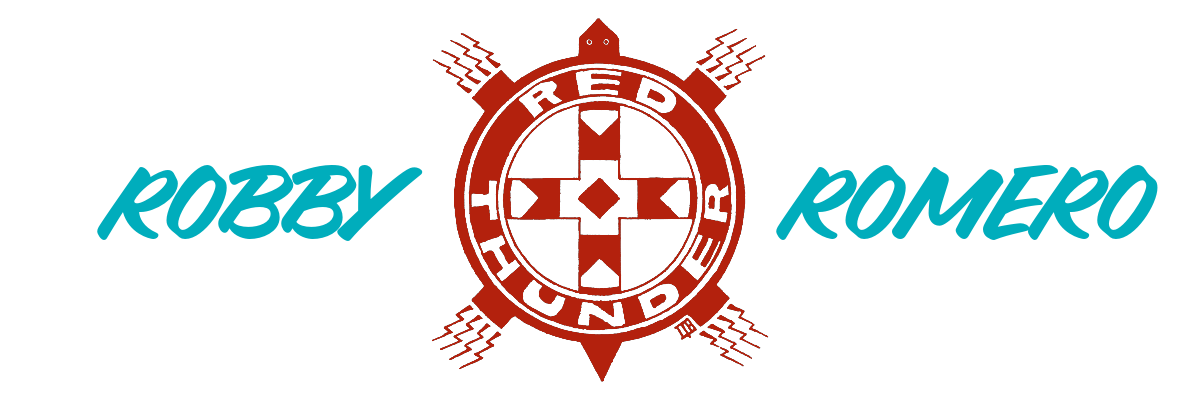Statue of Po’Pay by artist, Cliff Fragua
August 10, 2023 | Native Children's Survival
Po'Pay, a spiritual leader and farmer of the Ohkay Owingeh Nation, was born around 1630 in the place of the strong people during the Spanish colonization of what is now known as New Mexico.
Nearly two centuries of attempted genocide, slavery, and efforts to convert Indigenous Peoples to Christianity had taken its toll. By the 1600s, Pueblo Nations were suffering under Spanish rule. Pueblo culture was on the verge of being destroyed and lost forever. Those found practicing their spiritual ceremonies were persecuted, tortured, and even killed.
In 1675, Ohkay Owingeh religious leader Po'Pay and 46 other Pueblo leaders were arrested for their spiritual practices and were convicted of sorcery under Spanish rule. Many were flogged, and some were executed. Po'Pay was among the survivors. Upon his release from prison, Po'Pay moved to Taos Pueblo. From there, he united the Pueblos in a secret rebellion against the Spanish empire.
On August 10, 1680, the Pueblo Revolt commenced with the help of Apache and Navajo allies. When it was over, the Spaniards were driven out, and those who had sought refuge were allowed to leave. The 1680 Pueblo Revolt was the first successful uprising by Native Nations against a colonial power. Po'Pay's leadership and the Pueblo Revolt helped ensure the Pueblo Nations' cultural survival and religious and ceremonial practices for future generations.
A statue of Po'Pay carved from pink marble by Jemez Pueblo artist Cliff Fragua was given to the United States National Statuary Hall Collection in 2005 by the State of New Mexico. The figure stands in Emancipation Hall, U.S. Capitol Visitor Center. Of the seven statues that honor Native Peoples, Po'Pay is the only one carved by an Indigenous sculptor.
In the Spirit of Po'Pay, join us in the Indigenous tradition of resisting forces that threaten Indigenous Peoples, Mother Earth, and All Our Relations.

